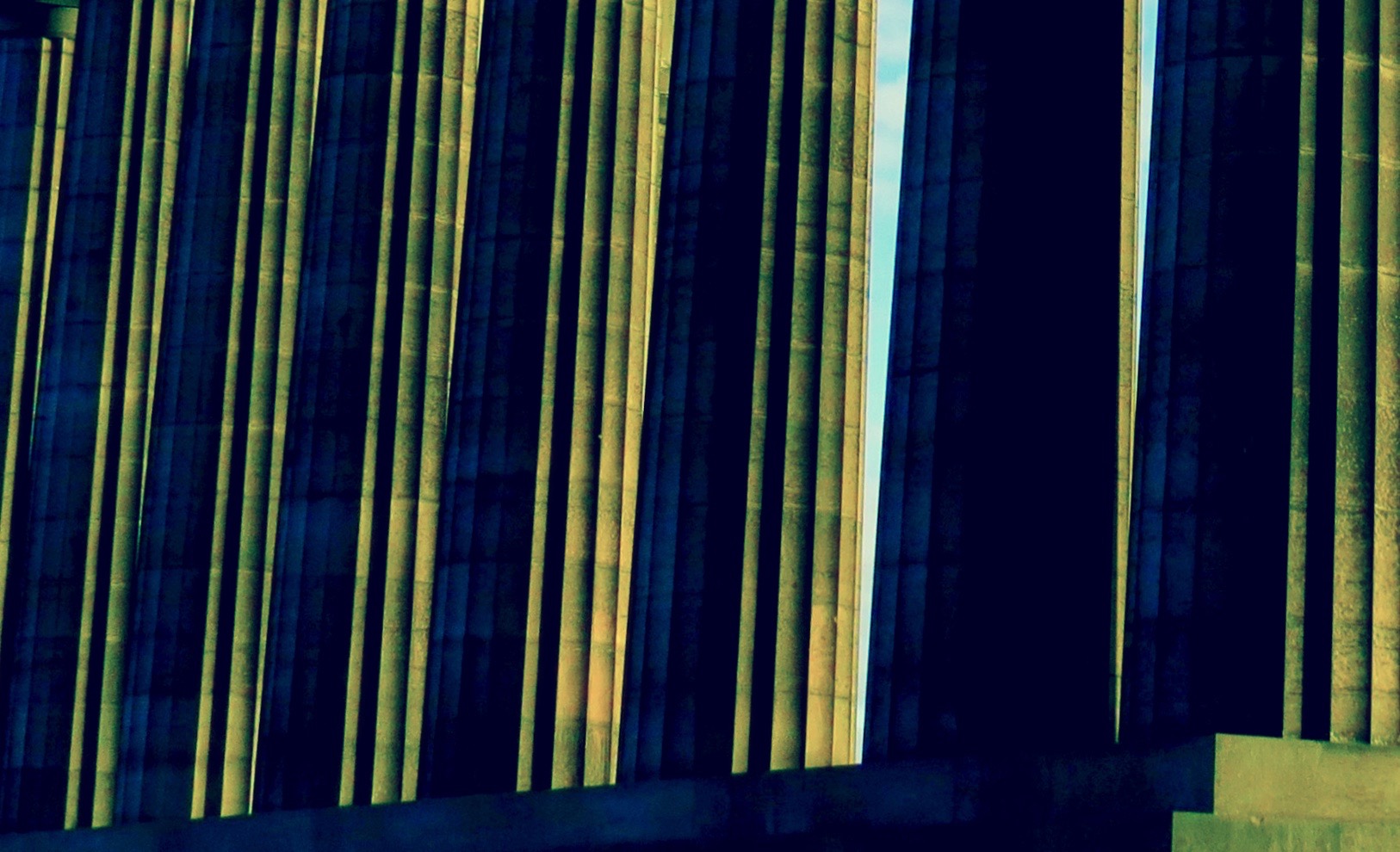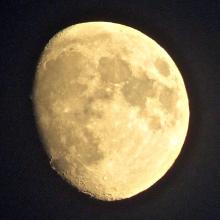
In November 1823, there appeared in the pages of the Scots Magazine a poem entitled ‘Midnight and Moonlight on the Calton Hill’.
Penned by one W.M., its 20 stanzas are a little too florid for most modern tastes, so we’ll skip to the interesting bits for the light they cast on past practices on and around this part of Edinburgh’s challenging topography.
It begins:
Twas night—the city still’d apace
As old St Giles the curfew toll’d,
And through her everlasting space,
The lovely moon of midnight roll’d;
While latticed towers, and seas, and bays,
And silvery lakes, and streamlets bright,
Flung back her gush of splendid rays
And flooded all the land with light.
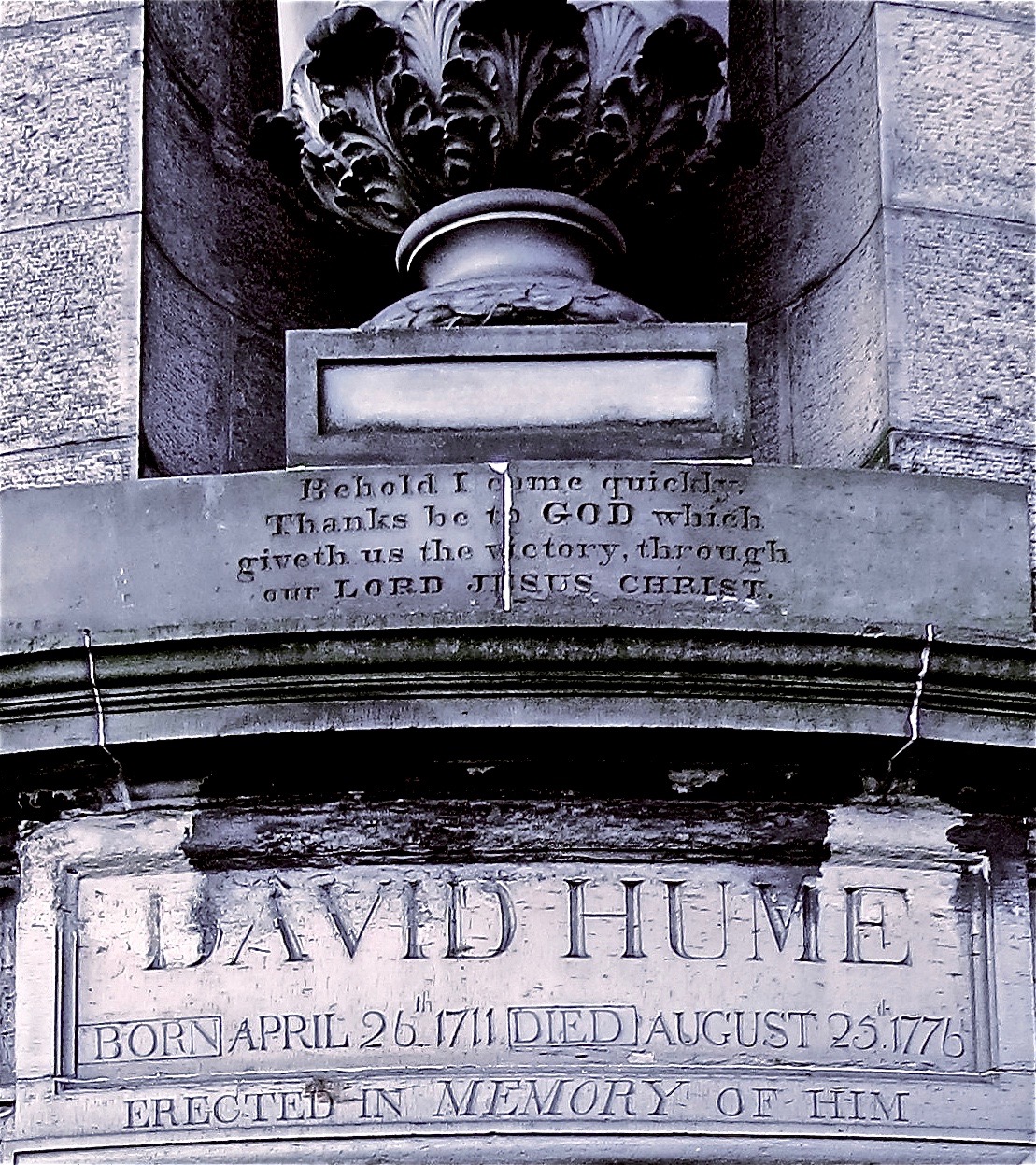
This was, of course, in an age before LED streetlights brightened the capital.
W.M. next enthuses about this ‘mount of Fame and Mars’, reflecting on: Nelson, Hume, Newton, and fellow poet Ferguson; the bloody history of the Castle; and the absence of Scottish royalty in the Palace of Holyrood House.
Then he turns to look out once more upon the city:
I saw, and lo! in Sleep’s controul,
Dun Edin’s glorious mass of men
Lay dull and deep—and O, my soul!
Thy thoughts were wide and wondrous then.
There rests the vast promiscuous crowd
of mortal beings, born to die—
Gliding from waddling band to shroud,
As fast as fleeting time can fly.
Happy New Year, everyone.
There blend the righteous and profane,—
Young sons of Mirth,—old men of Care,—
The foolish heart,—the sapient brain,—
The Saint and Infidel are there:—
And God hath bless’d them all, and sleep
Has sooth’d the plaints of care and pain;
For Sorrow’s self forgets to weep
Where apathy and Silence reign.
W.M.’s musings are now interrupted by the sound of laughter emanating from Shakespeare Square (former site of the old GPO building on Waterloo Place, currently occupied by Amazon).
A ‘haughty dame and sumptous groom’ are leaving the theatre late, before lashing home their ‘prancing steeds’ in a clatter of euphemism.
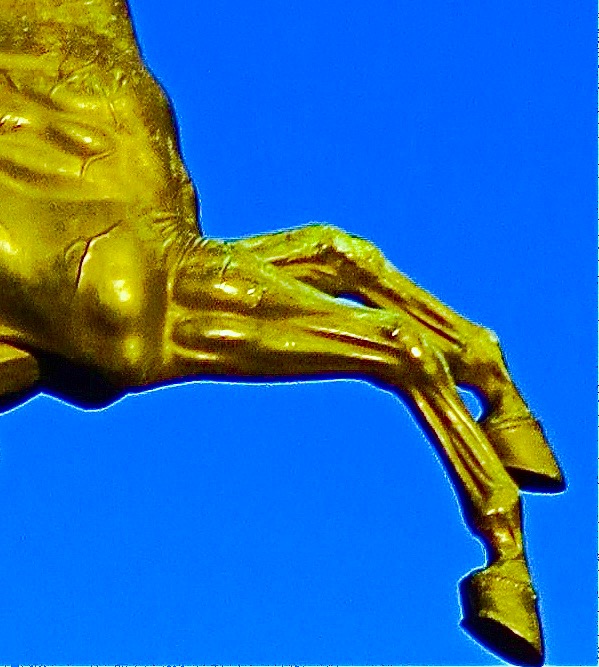
Worse is to come.
But Folly slept not yet. I saw,
And lo! a wanton woman—she
Had leapt the bounds of love and law,
And wore an harlot’s drapery:
And her young eye, still mild and meek,
Flash’d bright beneath her tangling hair,
But lecherous rouge was on her cheek,
For Nature’s rose had faded there.
And flaunting past the midnight band
Her wiles one simple youth did move,
Nor could his hackney’d heart withstand
The fierceness of her fiery love:—
For she was school’d in Babel`—she
Had slain the weak, cast down the strong:
And hell’s own minions laugh’d to see
Love’s effigy augment their throng!
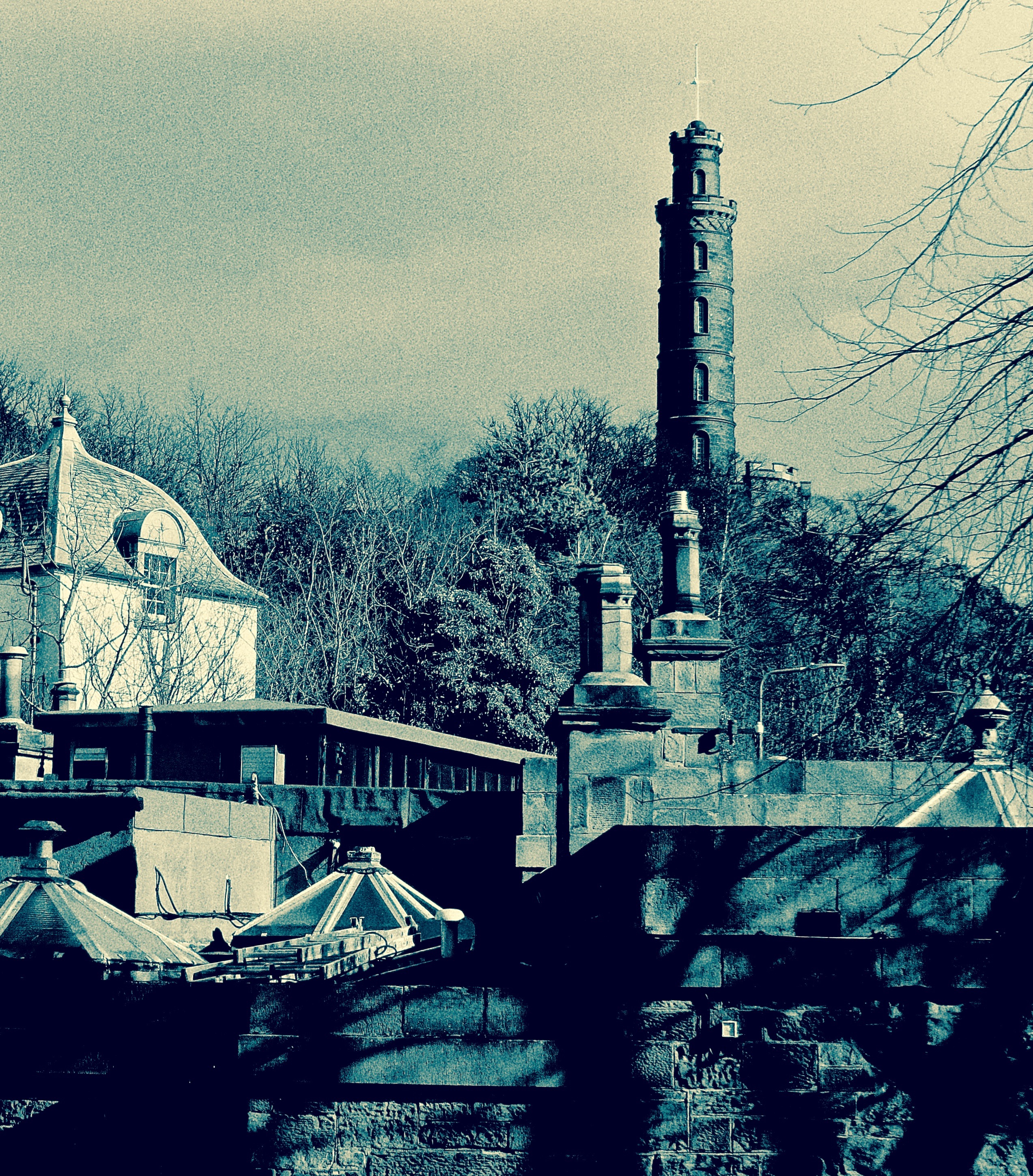
W.M. rather predictably blames the subsequent close-quarter Nelsonic grapplings on the harlot's persuasive tongue, although we suspect he knew exactly what to expect from the moment he went traipsing about on the hill at night with a pocket full of small change. But who is this staggering into view?
A drunkard next dismay’d the even;
Ten furies fir’d his reeling brain,
And he blasphem’d the God of heaven,
And lightlified the Highest’s reign.
Yet Vengeance smote him not—the night
Trail’d sickly o’er that bruised reed;
But if he saw the morning light,
Then Heav’n is merciful indeed.
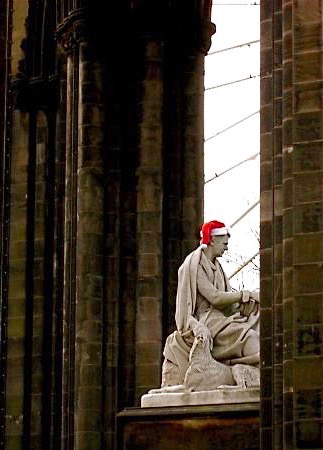
W.M. proceeds to bewail the attractions of booze, and – again with a suggestion of autobiographical candour – comments upon its deleterious effects on those who aspire to Milton’s heights, Jeffrey’s fire, and Sir Walter’s crown.
Fortunately, the poet can again console himself with the Almighty’s forgiving nature, and prays He will not be too harsh when push comes to shove for the sleeping citizens below.
And sith thy grace is full and free,
Be slow thy wrath to bruise and break,
But turn our simple ones to thee,
And spare them for thy mercy’s sake.
And when great Gabriel’s trump shall ring,
Earth’s thundering knell from east to west,
Beneath the shadow of thy wing,
Lord, let this splendid City rest!
The next thundering knell is of course scheduled for tomorrow night, and there will be no chance of the local citizenry either sleeping through it or bruising and breaking themselves on the slopes to get a better view.
Perhaps content yourself instead with four recent historical excursions up and down Calton Hill, which can be found here and here and here and here.
